Lala Lajpat Rai was one of the outstanding leaders of modern India, a contemporary of Dadabhai Naoroji, Tilak Gokhale and Gandhi. His public life spanned the last decade of the nineteenth century and the first three decades of the twentieth century. He practised law at the Lahore Chief Court and built up a lucrative practice, but was drawn very early into public activities pertaining to religious, educational and social reforms and then into nationalist politics. His arrest and deportation without trial to Burma in 1907 created a great sensation in India. He spent the war years (1914-18) in the United States propagating the Indian case for self government. He returned to India in 1920 and had the honour of presiding over the Calcutta Session of the Indian National Congress which approved of Gandhi’s campaign for non-cooperation with the government. He was deputy leader of the Swaraj Party in the Central legislative Assembly and played a prominent role in provincial as well as national politics in the 1920s. While leading a demonstration against the Simon Commission at Lahore in 1928 he received injuries in an assault by the police which hastened his death. The Sixth volume of the Collected Works of Lala Lajpat Rai covers the period from August 1915 to December 1916 when the First World War was on, Lajpat Rai had arrived in the United States three months after the war broke out. Little did he know that the war would fast for four years and he would not be able to return to India until 1920. While in the USA, Lajpat Rai exposed the seamy side of the British rule. Through lectures, articles in newspapers, books and pamphlets he tried to enlighten the American people on the political and economic condition of India. He spoke as an Indian nationalist. His sense of history, his knowledge of international affairs and his style of presenting the nationalist case with facats and figures instantly appealed to liberal thinkers in the USA and Britain. Lajpat Rai visited Japan in the second half of 1915 and wrote a book on it in which he made a telling comparison between the relative costs of administration in India, Japan and the United States.
Indian Economic Policy and Management
$59.40
$66.00

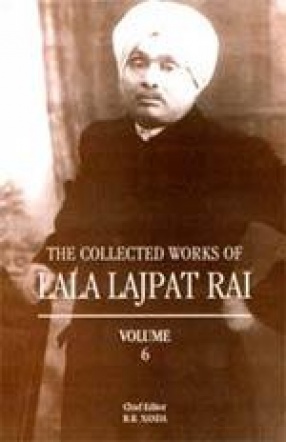
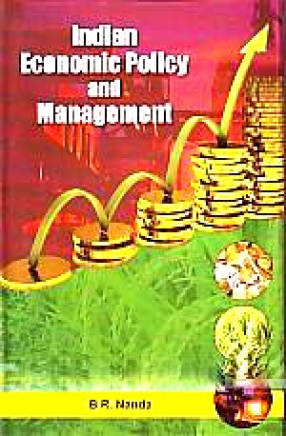
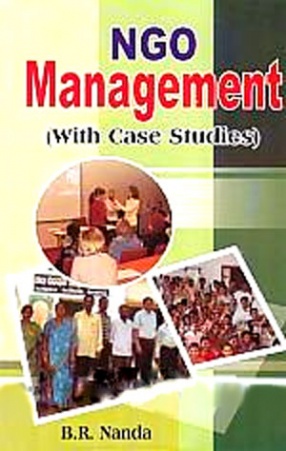
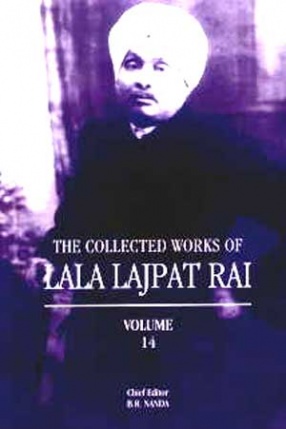
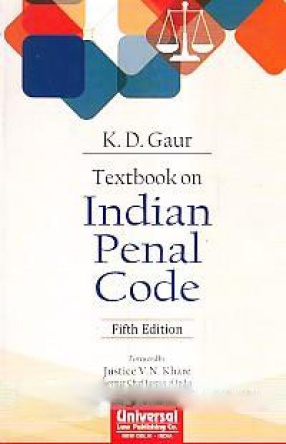
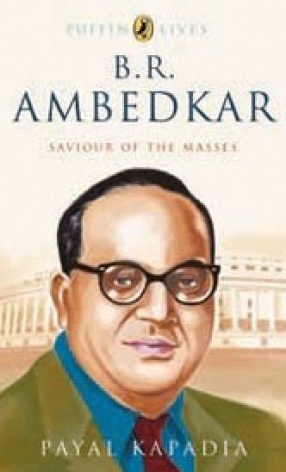
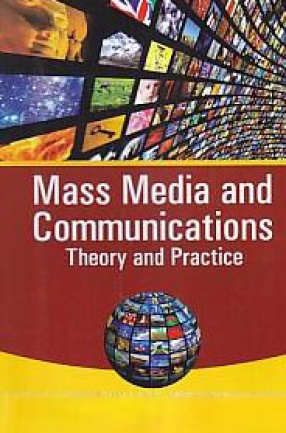
There are no reviews yet.